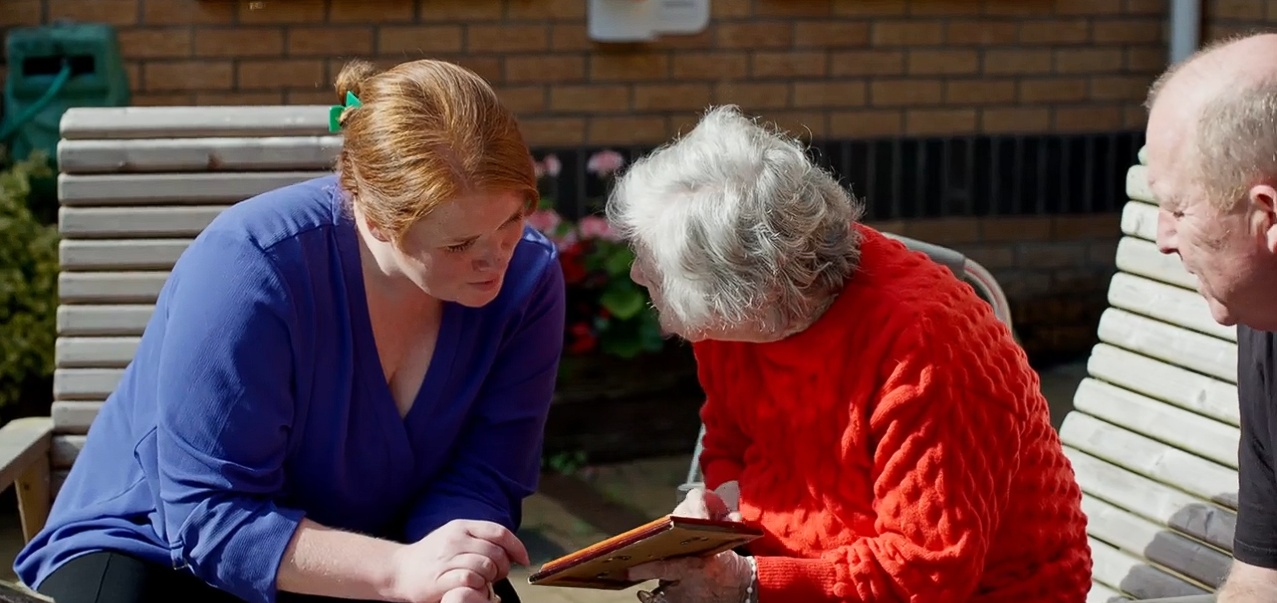
-
Download document
Anglais (pdf, 1003,41 KB)
Shame-Sensitive Public Health and COVID-19
Overview:
Shame has been an endemic consequence of medical, political, and public responses to the COVID-19 pandemic in the WHO European Region. International public health literatures generally demonstrate an informed handle on the ill-effects of stigma, developed in part through visible interventions on global challenges such as obesity, mental illness, and sexually transmitted diseases (1-3). Stigma is also an emerging theme in international work on the social and behavioural dimensions of COVID-19. What these literatures – and, subsequently, policymakers in the region – presently lack is an integrated and coherent understanding of shame and how it is related to experiences of stigma, and also how shame can occur independently of stigma events and stigmatization. Shame can be usefully defined as the lived and subjective emotional, psychological, and physiological correlate or response to situational or systemic judgement, degradation or exclusion (4). Unlike stigma, shame has an ambivalent status in public health. Although policymakers rarely set out to use shame as an overt tool for behavioural change, it can often be the unspoken affective driver around which particular messages or interventions revolve. Even more commonly, a lack of attentiveness to shame in policy design can lead to secondary or inadvertent shaming in the populations being targeted, with serious consequences for immediate uptake and engagement, and health-seeking behaviour in the longer term (5).
In this report, we demonstrate how attentiveness to shame, and the active cultivation of shame-sensitive practice, aligns with a series of WHO and UN priorities. We assemble a working definition of shame from the best available research in the WHO European Region, set out evidence on the consequences of shame for social and relational health outcomes, explore how experiences of shame are framed and conditioned by their cultural context, and assess the present and future dimensions of shame in the context of the COVID-19 pandemic. We then offer a practical and adaptable toolkit to assist policymakers in short- and medium term decision-making on urgent and emerging issues, such as vaccine hesitancy and vaccine passports. Finally, we make a wider case for the acknowledgement of shame as a key determinant of health.
References:
1. The European Mental Health Action Plan. Copenhagen: World Health Organisation Regional Office for Europe; 2013 https://www.euro.who.int/__data/assets/pdf_file/0020/280604/WHO-Europe-Mental-Health-Acion-Plan-2013-2020.pdf, accessed 19 November 2021).
2. Weight bias and obesity stigma: considerations for the WHO European Region. Copenhagen: World Health Organisation Regional Office for Europe; 2017 https://www.euro.who.int/__data/assets/pdf_file/0017/351026/WeightBias.pdf, accessed 19 November 2021).
3. Global Health Sector Strategy on HIV 2016–2021: Towards Ending AIDS. Geneva: World Health Organisation; 2019 https://www.who.int/hiv/strategy2016-2021/ghss-hiv/en/, accessed 19 November 2021).
4. Dolezal L. Shame, Stigma and HIV: Considering Affective Climates and the Phenomenology of Shame Anxiety. Lambda Nordica 2021:26:2-3. https://doi.org/10.34041/ln.v27.741
5. Spratt T, Dolezal, L. ‘Fat Shaming’ under Neoliberalism and COVID-19: Examining the UK’s ‘Tackling Obesity’ Campaign. OSF Preprints 2021. July 13. https://doi.org/10.31219/osf.io/2ymun
Photo credit: @maxwbender (unsplash).




